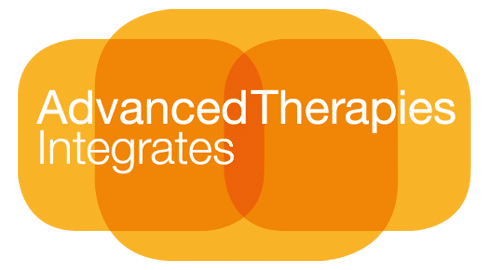
3 questions with…
JASON MELLAD
Chief Executive Officer
Start Codon

What are the biggest challenges in the advanced therapy industry?

It has been exciting to witness the exponential development of advanced therapy medicinal products (ATMPs) and their successful translation into the clinic. In recent years, researchers have developed robust new genome and epigenome editors with high on-target and low off-target rates, reinvigorated the nucleic acid therapeutics field with circular RNA (circRNA) and other next-gen molecules with reduced immunity and increased stability, and leveraged a broad range of new cell sub-types like gamma-delta T-cells with highly specialised functions. There are also myriad new indications and targets being discovered daily, fuelling the keen interest of biotech start-ups and major Pharma alike. However, the industry must overcome several significant challenges to realise the full potential of ATMPs.
Efficient, targeted delivery to the appropriate tissue and patient is a commercial and regulatory hurdle for most ATMPs. For example, gene editing and nucleic acid therapies require the development of new vectors, both viral and non-viral, which can deliver large and complex payloads to the desired tissue at sufficient concentration for a viable therapeutic index. Cell-based therapies and engineered tissues also must reach and engraft in the appropriate niche to survive transplantation and carry out their ultimate function. Solutions currently being explored include improvements to the workhorse adeno-associated virus (AAV) and lipid nanoparticles (LNP) as well as the development of next- generation vectors with favourable safety profiles and tuneable targeting mechanisms. Similarly, chimeric antigen receptors (CAR) first exemplified using cytotoxic T-cells are now facilitating the targeting of a wide range of cell types. These new delivery modalities must be coupled with companion diagnostics to identify the patients in which they will be most effective.
Manufacture and supply chain are two additional barriers to routine ATMP adoption. Autologous cell and viral gene therapies were the vanguard for the field but are often prohibitively expensive for adoption by healthcare systems with resource constraints in large part due to specialised manufacturing requirements and long lead times. Subsequent efforts have focused on the development of non-viral vectors and off-the-shelf allogeneic cell therapies to address early scale-up challenges but are similarly hampered by the high cost of nucleic acid manufacture, dearth of appropriate GMP facilities and the requirement for an uninterrupted cold chain. Fortunately, several public- private partnerships addressing ATMP industrialisation challenges, such as the Cell and Gene Therapy Catapult in the UK, have recently been announced across Europe, the US and Asia and are starting to bear fruit for both ex vivo and in vivo therapies.
Global regulatory and reimbursement systems were developed largely for small molecule therapies, have been modified to include biologics, and now need substantial updating to accommodate ATMPs. For example, several statutes were developed with large batch manufacturing for the masses in mind while ATMPs often leverage small, bespoke batch manufacture tailored to the needs of individual patients. We must continue to streamline the authorities that oversee cell and gene therapy to ensure there is a clear path and incentives for commercialisation.

What advanced therapy innovations are you most excited about?

We are experiencing a renaissance in RNA therapeutics driven by the success of Moderna and BioNTec / Pfizer’s COVID-19 vaccines. circRNA technology has enabled in situ recombinant protein synthesis without the requirement for genome editing and the attached safety implications. New players like Eleven Therapeutics are utilising combinatorial chemistry and artificial intelligence to reinvigorate the RNA interference (RNAi) field and Transine Therapeutics are developing a novel class of non-coding RNAs called SINEUPs purported to increase protein translation of targeted endogenous messenger RNAs (mRNAs). Novartis recently announced a deal with the UK national health service (NHS) to make Zolgensma® RNAi available to patients suffering from hypercholesterolemia. Moreover, Start Codon’s portfolio companies Spliceor deploys RNA trans-splicing to drive the expression of chimeric proteins in targeted cell types, useful for their selective depletion or expansion and Dristhi Discoveries leverages best-in-class SMARTvector short hairpin RNA (shRNA) technology developed by Dharmacon to treat amyotrophic lateral sclerosis (ALS) and other rare diseases.
I’m also excited about new opportunities in cell therapy. Start Codon has invested extensively in this space, backing companies solving key bottlenecks including NK:IO (natural killer cell culture and expansion without exhaustion), Coding Bio (rapid development of next-generation CARs) and StemBond (optimised, scalable cell culture substrates for regenerative medicine). Cell culture conditions have been shown to have long-lasting and potentially detrimental genomic and epigenomic impact on ATMP products. Platforms like Enhanc3D Genomics’ non-coding genome analyser will help ensure high standards are maintained for cell-based products.

What are your predictions for the next 5 years for the Advanced Therapy Industry?

The Advanced Therapy Industry is poised to become mainstream within the next decade as evidenced by the rapid expansion of CRISPR and other gene editors, new delivery vehicles, more cost-efficient manufacturing platforms and increasing public awareness. 5 years from now, I anticipate that more effective solutions will have been developed to tackle several of the bottlenecks I’ve described but the remaining challenges will continue to provide opportunities for innovation. The lines between different therapeutic fields are increasingly blurred and I predict that combination products will soon become the norm.
We are delighted that Jason will be taking part on the Viable cells to viable sells panel at Advanced Therapies Integrates on 20th October. You can read Jason’s full bio here
Register for Advanced Therapies Integrates to hear more about the ideas shaping the industry.


